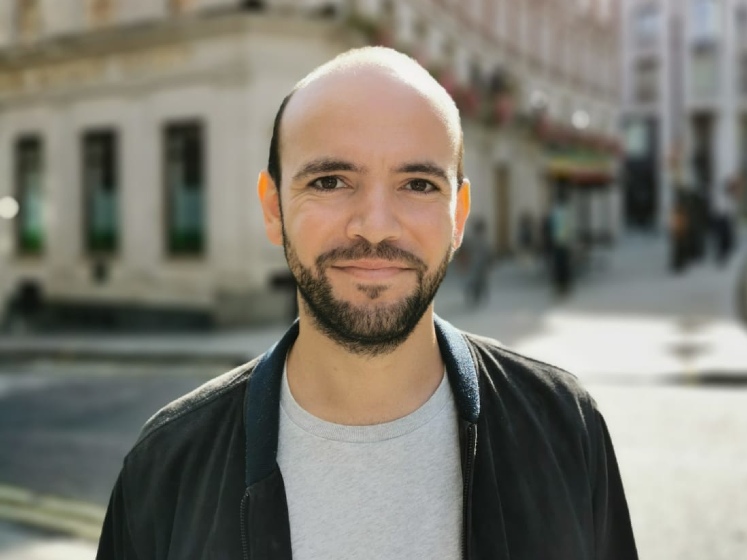 Sandro Provenzano
Sandro Provenzano
What are you currently researching?
In my main research project, I am investigating the impact of mineral mine openings on local economic development and urbanisation in Africa.
Building on new breakthroughs in machine learning and computer vision, I am analysing hundreds of thousands of satellite images spanning four decades to follow mining areas from discovery until after closure to evaluate if mining actually has a positive impact on local communities or not.
Why did you choose this area of study?
My interest in understanding the functioning of developing economies dates back to the year before I started university. I was living in a small city in Ghana and worked with a local NGO in the area of rural development. That experience left me with a wealth of unanswered questions, but also great curiosity – which I believe has been a great driver of my research work.
Over the years, I developed a strong interest in the spatial view on economics which opened up new avenues for analysis to me. In the last year, I have been increasingly widening my research scope and occupying myself with questions about urban economics in developed countries.
How will your research improve or have a wider impact on society?
I think the first step towards a sustainable positive impact on society is to better understand how the world works. I see my role in combining techniques of empirical economics with recent advances in data science. The availability of new data sources such as high-resolution satellite imagery along with the necessary computing power to process this data allows us to answer old questions in a new way.
What impact did the pandemic have on your research plans?
The pandemic certainly raised new questions and challenges. To contribute my bit, I have been working on two projects that shed light onto the pandemic from a spatial economic point of view. The first paper analyses the link between population density and COVID-19 spread and severity, and the second one focusses on the potential role of air pollution in reinforcing the pandemic.
What do you hope to do career-wise, long term?
I am really passionate about my work as a researcher and I very much enjoy working with colleagues to answer questions that I consider to be important and relevant for society. Therefore, I aim at an academic career, but would also be open to other related jobs in research or data science.
Can you provide any advice to prospective students about the most effective way to approach research and keep stress levels down?
I think that the most important thing for succeeding in the four-year-long journey towards the PhD is to choose a research area that you are truly passionate about. The second most important thing is to connect with people, discuss your research with others and collaborate on research projects – which will not only improve the quality of your research but also contribute to your wellbeing because the PhD can sometimes be a bit lonely.
What resources are available at LSE to help young researchers and how has this helped you?
LSE brings together PhD students and researchers from a variety of fields within the social sciences and, in non-COVID times, there are a lot of events, talks and two pubs on campus that allow you meet and learn from other disciplines.
The PhD Academy offers a variety of seminars specifically for doctoral students that can be super helpful. There are travel grants that support trips to conferences that are crucial for young researchers to get in touch with peers at other universities and to broadcast their research.
Another example is that LSE has a High Performance Computing service that has helped me with some of the tasks that go beyond the computing power of my own computer.
In a few words, what is the best thing about studying at LSE?
Academic excellence and a vibrant community. LSE is a hub of economics and social sciences and you get to be supervised by leading professors in their fields.